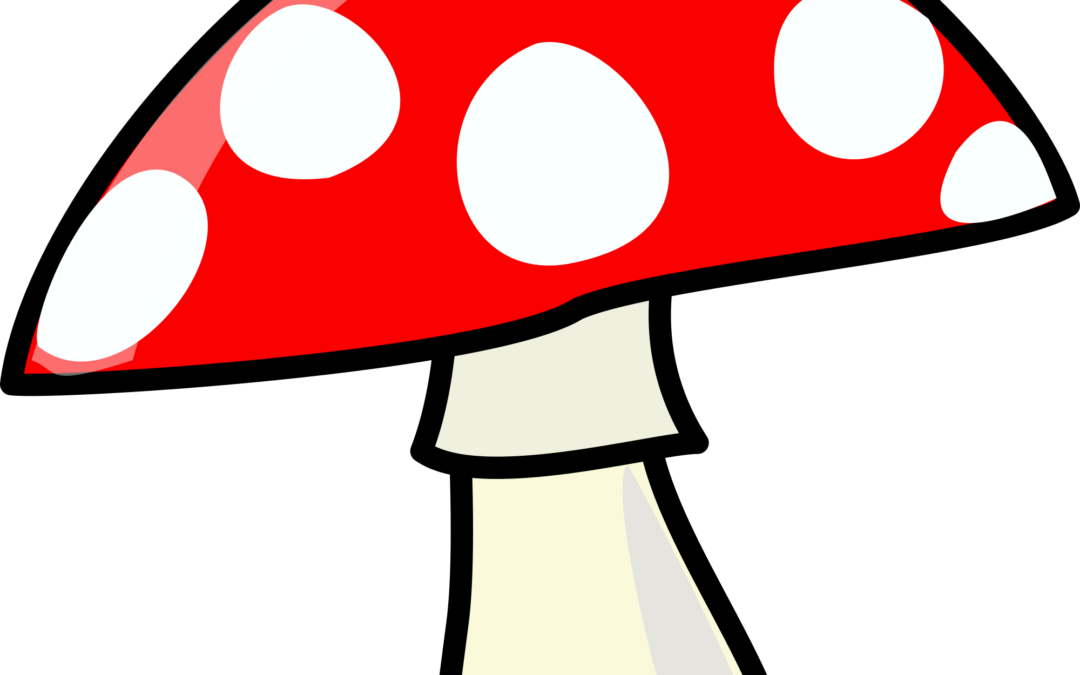Some researchers say that psychedelic drugs can help people facing mental health challenges. But the Vermont General Assembly wants to find out more before taking any potential action.
In January, Sen. Martine Gulick introduced a bill that would have decriminalized psilocybin, commonly known as magic mushrooms, and created a path toward its eventual legalization in therapeutic settings. A shortened version passed in May, creating a working group that will study “the cost-benefit profile of the use of psychedelics to improve mental health.”
The legislature will receive a report next year. The House removed a provision from the Senate’s bill that would have required the working group to “provide an opportunity for individuals with lived experience to provide testimony in both a public setting and through confidential means, due to stigma and current criminalization of the use of psychedelics.”
In spite of these constraints, a few psilocybin users submitted testimony during the winter to tell legislators about their positive experiences. One highlighted the advantages of “microdosing” in particular.
The advocate defined microdosing as “a way of consuming psilocybin in a natural form without any psychoactive experience. You can take it and go to work, care for your kids, drive a car, etc. It’s absolutely no different than taking a pharmaceutical anti-depressant.”
She described using psilocybin to overcome post-traumatic stress disorder, calling it “life-changing.” It has also helped her to “maintain psychological balance” more broadly and to manage her attention-deficit disorder.
Another advocate weighed in as both a scientist with clinical expertise and as a psilocybin user. She cited it as an effective treatment for depression.
“When my sister died in 2013, it was like falling into an abyss. I sought therapy. I sought treatment from medical doctors,” she said. “But ultimately, I sought treatment from the medicine that I had seen help so many of the folks that I worked with at [Johns] Hopkins. And without those experiences with psilocybin, I’m not sure that I would be alive today and I’m not sure what kind of mom I would be, what kind of functional teacher I would be.”
“I’ve always had a fear of what would happen if something criminal came out of my own desire to ease my suffering,” she added. “It’s a concern I live with every day and I know that other parents and caregivers think about this.”
Even so, Rep. Anne Donahue urged fellow lawmakers to exercise caution. As a psychiatric survivor, she spoke of the dangers of unproven mental health treatments. Electroconvulsive therapy had “practically destroyed” her life years earlier.
“I have lived the life of somebody who has been told, ‘Oh, this is safe, this is safe, this is safe. We in psychiatry and mental health know what we’re doing,'” Donahue said. Her amendment to S.114 removed the co-founder of Psychedelic Society of Vermont from the legislatively appointed working group.
Federal officials classify psilocybin as a Schedule I controlled substance with “no accepted medical use and high potential for abuse.” Several large US cities, however, have decriminalized it, and Colorado and Oregon have legalized its supervised use.

